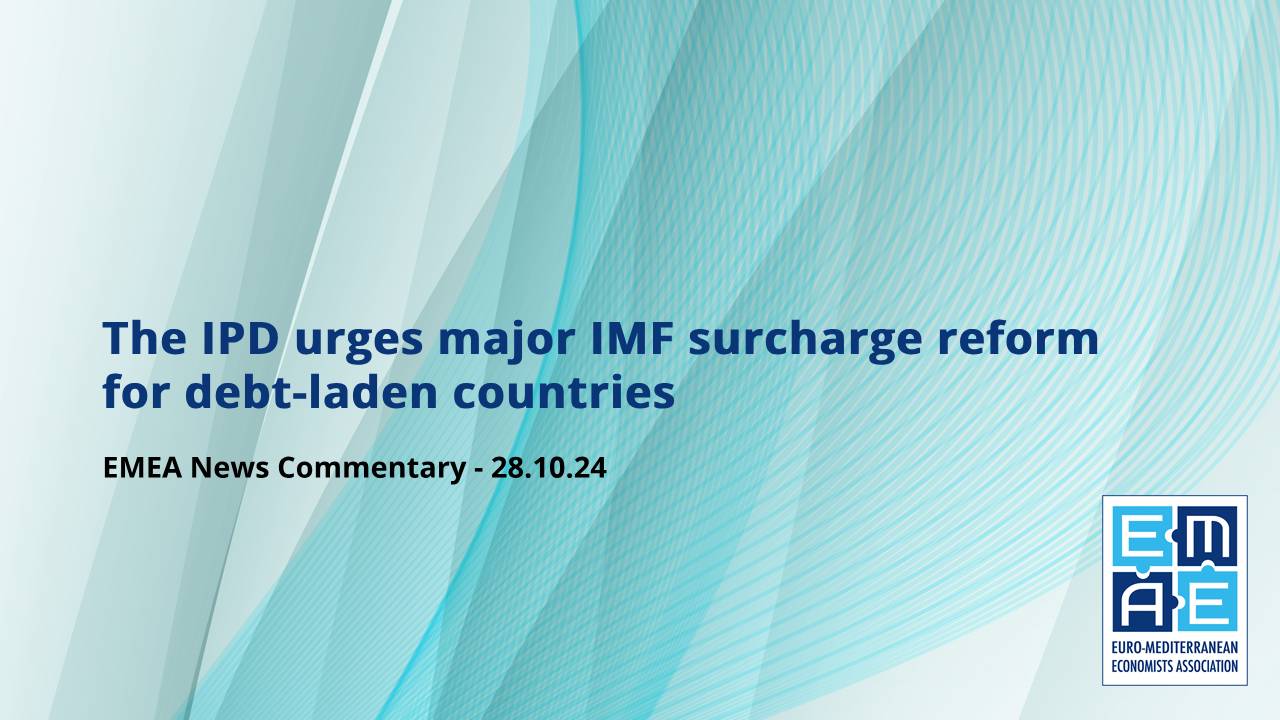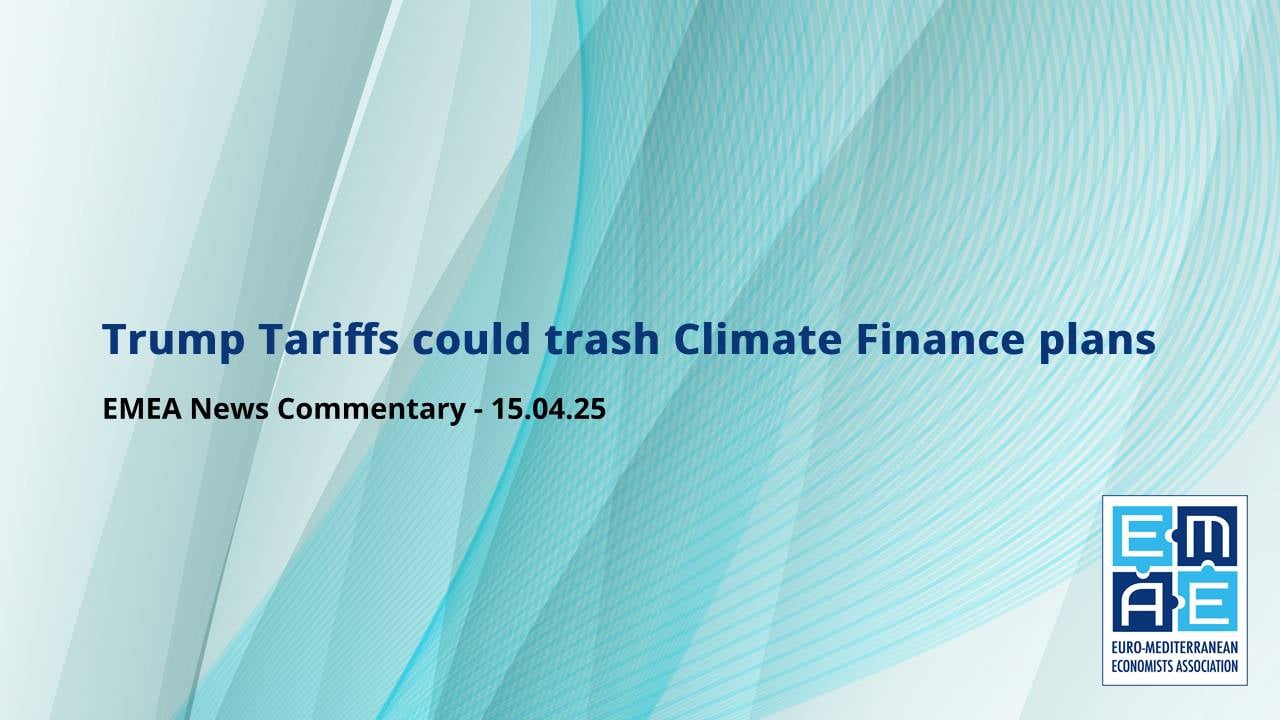The Initiative for Policy Dialogue (IPD), the influential grouping of global academics, policy makers and practitioners at Columbia University, have written an open letter to the International Monetary Fund Board of Directors urging significant reform of policies on the rate of charges – particularly surcharges.
The additional levies are seen as contentious, especially amongst low and middle-income countries, as it further adds to their borrowing costs.
In a bid to have the surcharges reduced, around 150 IPD signatories, led by Columbia University Professor Joseph Stiglitz, told the IMF ahead of their key review meeting on the issue, that the surcharges were “procyclical and regressive” and “shown to have a little if any validity.”
The critical letter said that it had been well-documented over many years by researchers and advocates that current surcharge policy had stopped low and middle- income countries from achieving financial stability, loading them with higher borrowing costs and blocking their access to international markets.
Surcharges would result in the IMF’s annual interest rate touching almost 8%, the policy group predicted.
It was highly likely the IMF would overlook remedies to the flaws in its current surcharge policy and, instead, would settle for “insufficient half-measures,” the letter warned. Global financial stability would not be ensured by “tinkering at the edges” with the present system, it continued.
Money better spent on health, education and clean energy transition
The authors said that the IMF had already projected that more countries would be added to the list of those paying surcharges, with 675 million people living in low and middle-income countries projected to contribute approximately $2 billion in surcharges per year for the next five years.
These expenses would be better used on health, education and the transition to clean energy, the IPD observed.
“If the IMF Board maintains its current system of charging the taxpayers of already struggling, indebted countries extra surcharge fees … its members cannot expect that we will perceive the Fund as the steward of global financial stability that it was founded to be and confidence and trust in the Fund will diminish,” the letter concluded.
Meanwhile, the IMF Executive Board’s subsequent meeting on October 11th agreed a reform package on charges and surcharges, which is expected to lower annual borrowing costs for members by around $1.2 billion.
According to the IMF, the reduction in surcharge payments will amount to about 36 per cent, with the number of surcharge-paying countries falling from 20 to 13 by 2026.
IMF Executive Board Concludes the Review of Charges and the Surcharge Policy, and Approves Reforms





